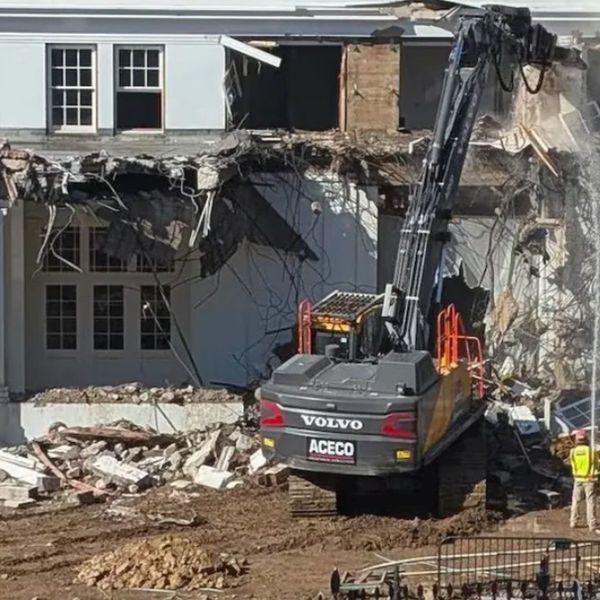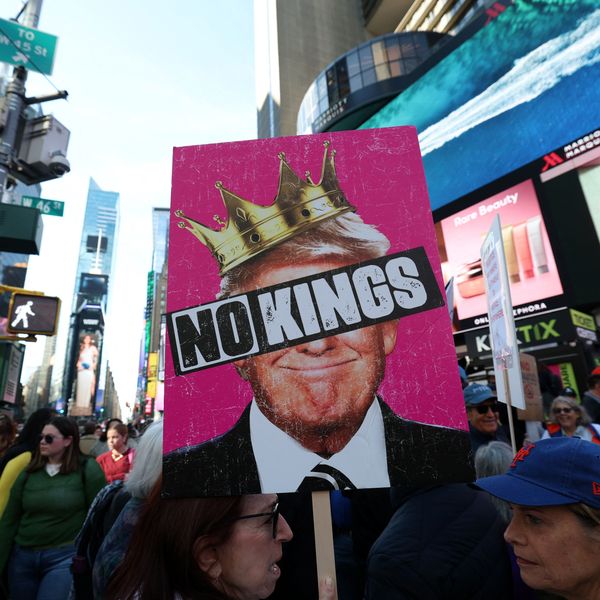The peace movement was moving full-throttle during the primary season to confront the presidential candidates on the war, and can take credit for helping to shift the momentum from Hillary Clinton -- who voted for the invasion of Iraq -- to Barack Obama -- who opposed the invasion. And we have certainly contributed to the momentous shift on the need for a timeline for the withdrawal of troops from Iraq. We have also moved into high gear to prevent a war with Iran, and so far, have been holding our ground on that front.
But in Afghanistan the peace movement has been missing in action. This has come back to hit us in the face during Barack Obama's Middle East trip, where he called for sending 10,000 more troops to Afghanistan. John McCain, not to be one-upped in putting our young men and women in harm's way, is also calling for an escalation of the Afghan war.
My first trip to Afghanistan was during the height of the U.S. invasion in 2001. I was horrified to see the number of innocent civilians killed and maimed by our "smart bombs." As I sat in makeshift hospitals watching children bleed to death, or saw the craters made by our bombs where homes used to be, or visited farmers whose limbs were torn off by our cluster bomblets, I wondered where this military adventure would lead.
Seven years later, we see the results: Innocent Afghans continue to be killed and maimed, more US soldiers are now dying in Afghanistan than Iraq, the Taliban have gained new strength, opium production has soared, and Osama bin Laden has not been found. The Afghan people continue to be among the poorest in the world, women are still oppressed, and the U.S. government reneged on its promise of a "Marshall Plan" to rebuild Afghanistan.
Now we have the two major presidential contenders -- Barack Obama and John McCain -- advocating the exact same "solution": Send more troops. But more troops will only mean more violence, more suffering, more killing of innocents, and more recruits for the Taliban. This war will drag on and on, for there is no way to conquer tribal forces in a vast, rugged, thinly populated country like Afghanistan and the tribal areas of Pakistan. Just ask the Russians. With nearly twice as many troops as the U.S./NATO forces and with three times the number of Afghan soldiers, they left defeated after 9 years of fighting and 15,000 dead.
It's time for the peace movement to come up with a position on Afghanistan. We know that war is not the answer, but what is? It's not enough to simply say "Troops out now." Should we be calling for talks with the Taliban? In Iraq, the U.S. government not only talked to Sunni insurgent groups that killed U.S. soldiers but is now allied with them.
How can we stop Afghanistan and the tribal areas of Pakistan from being a training ground for militant fundamentalists? How can we bring those involved in terrorist attacks to justice, and prevent future attacks, without waging an open-ended war? Should we advocate a timeline for the withdrawal of U.S. troops and if so, based on what criteria? How can we work with the peace movements in NATO countries to have a more unified and effective position?
What should we call for in terms of development aid to Afghanistan? How can the Afghan economy be weaned from opium? How can we truly support Afghan women? What will happen to them if the Taliban take over again?
This debate is long overdue. We can't put it off anymore and knee-jerk slogans won't work. We, the peace movement, need to come together and develop a strategy before our troops are sent from the "bad war" in Iraq to the "good war" in Afghanistan.

